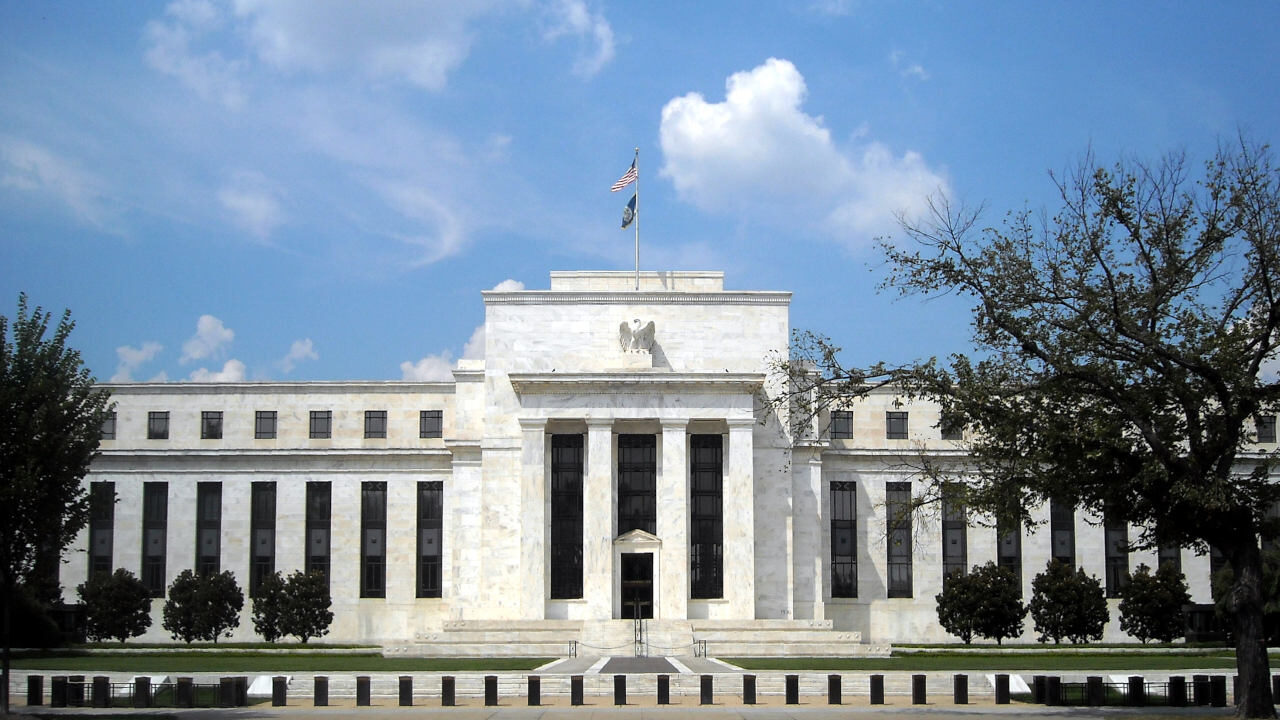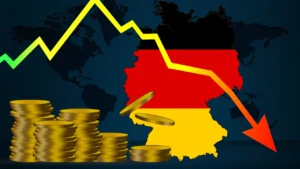
Fed: stock-memes can pose a threat to market stability
Stock market volatility as a result of the influx of first-time investors flocking to social media can pose risks to the US financial system. This is the conclusion of the US Federal Reserve in its semi-annual financial stability report.
The report found that new trading platforms that offer zero commissions, fractional stocks, and flashy and inviting graphics have brought a generation of young traders to the market. The size of this new demographic makes monitoring is important for regulators.
“Social media can contribute to the creation of the so-called The “echo chamber” in which retail investors most often communicate with others with similar interests and views, thereby reinforcing their own views, even if they are speculative or biased,” – we can read in the Fed report.
Regulators are preparing for more volatility
The Fed said that significant volatility in the price of popular stocks, including GameStop and AMC, has had a limited impact on financial stability so far. However, it was highlighted that this is an area of the market that should be monitored as newer, younger investors tend to have higher debt levels and often invest in options. These two factors, according to the Fed, may increase losses in the period of slowdown.
The Fed has suggested that financial institutions are gearing up for the potentially increased volatility that the popularity of such stocks could trigger. Additionally, it was highlighted that more frequent episodes of higher variability might require further steps to ensure system resilience.
A lower level of debt
Other weaknesses in the financial system described in the report include record valuations of stocks and real estate, which remain high in relation to corporate earnings and rents. However, the Fed noted that “despite rising property valuations, there is little evidence of deterioration in credit standards or high-risk investment activity in the housing market.”
It’s also worth noting that businesses and households have seen a debt-to-income decline in recent months as federal financial incentives and swift recovery from the COVID-19 recession have improved the financial situation of U.S. residents.



























